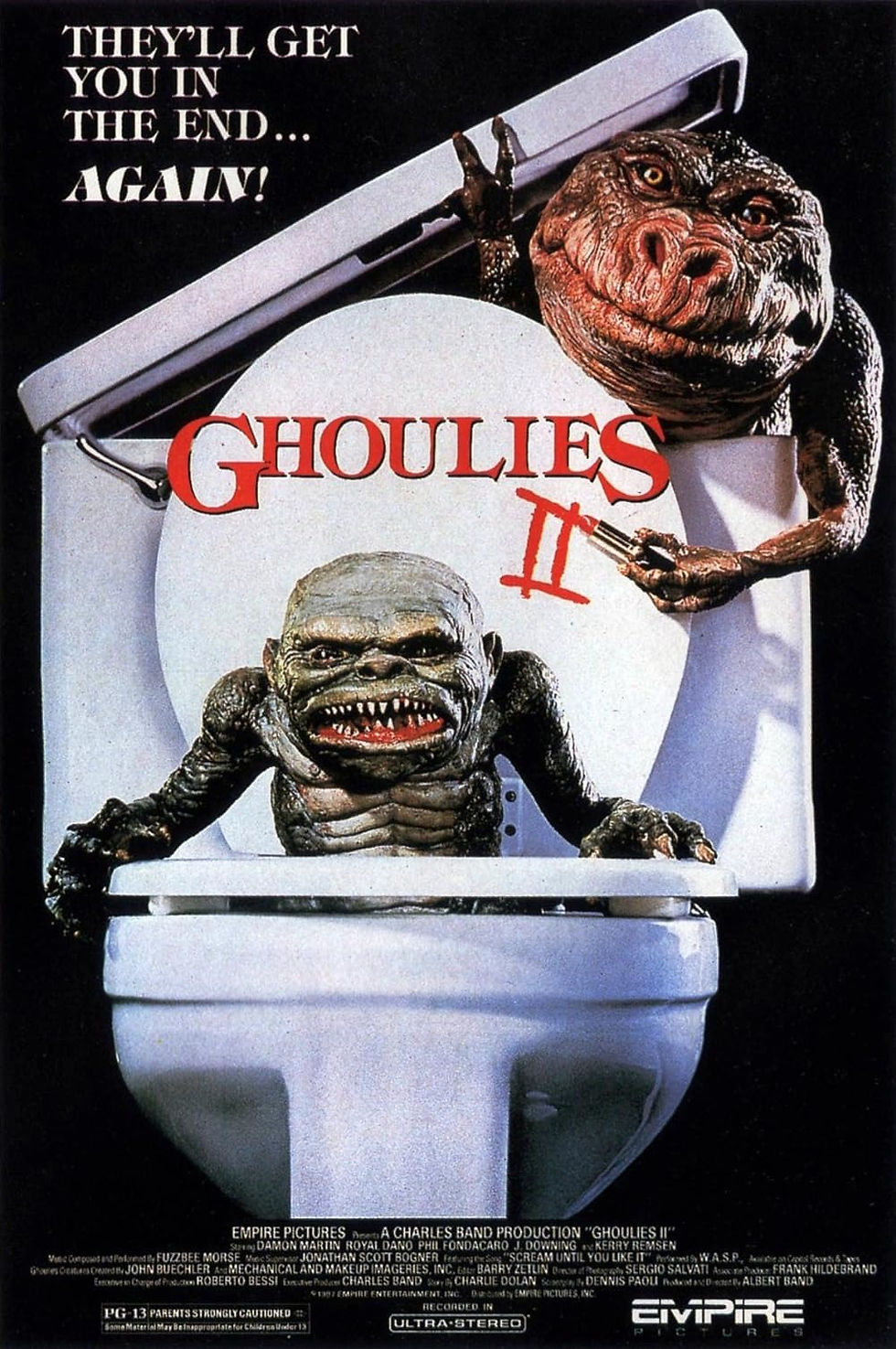Reboot Culture: The Impact on Horror Cinema and Fan Expectations
- Allan Major

- Mar 26, 2024
- 3 min read

In the darkened halls of Hollywood, a chilling trend whispers through the shadows – the endless echo of the reboot. Like restless ghouls clawing free of their graves, beloved horror franchises are reborn, their faces twisted into ghastly parodies of the originals. Fans, once eager to revisit their favorite terrors, now shudder with a weary sigh. Is this relentless resurrection stifling true horror, or is there still a flicker of life within this corpse-strewn trend?
Echoes of the Past: The Comforting Terror of Reboots
Let's be honest, there's a certain morbid fascination in witnessing the familiar warped and twisted. The reanimated corpse of a beloved franchise offers a hit of nostalgia laced with the perverse thrill of the uncanny. We know the beats, we recognize the faces, but they've been subtly altered, infected with the anxieties of the modern age.
A reboot, at its best, becomes a chilling conversation between eras. It's a grotesque reflection in a shattered mirror – pieces of the past rearranged to form a macabre new vision. Think of David Cronenberg's 'The Fly', a stomach-churning reimagining of the classic monster flick, where body horror becomes a metaphor for disease and the creeping terror of decay.

The Curse of the Endless Sequel
Yet, too often, reboots descend into hollow mimicry. They become slavish recreations, content to rehash scares and swap genuine terror for jump cuts and CGI spectacle. The soul of the original withers, leaving behind a lifeless husk propped up by brand recognition. This endless regurgitation of the past stifles true innovation. Studios, terrified of risk, cling to established properties, choking the lifeblood from original voices desperate to unleash fresh nightmares.
Fans grow jaded, their passion calcifying into cynicism. Each announcement of yet another reboot is met not with anticipation, but with a groan of weary resignation. The surprise, the sheer unpredictability that made horror so visceral, is lost. We know the beats before the opening credits even roll.
Nostalgia as a Cage: When Reboots Stifle Progress
Make no mistake, nostalgia can be a potent fuel for horror. It preys upon our longing for the familiar, twisting it into something unsettling. Yet, when nostalgia becomes a crutch, true terror suffers. Filmmakers, hesitant to stray from the well-worn path, deliver watered-down imitations, catering to a perceived fanbase hungry for nothing more than a pale reflection of their childhood frights.
It's a feedback loop of stagnation. Fans, starved for original chills, cling ever tighter to the past, while studios, mistaking this hunger for complacency, serve up increasingly bland offerings.

The Glimmer of Hope: When Reboots Breathe New Life
Let it not be said that the reboot is inherently cursed. In the hands of daring visionaries, a reimagining can become a monstrously beautiful act of metamorphosis. Take 2018's 'Halloween', a direct sequel to the iconic slasher that ruthlessly pruned away decades of convoluted sequels. Stripped down to its terrifying core, this reboot honored its legacy while injecting it with a chilling sense of immediacy and consequence.
Or consider Luca Guadagnino's 'Suspiria', a feverish, hypnotic reimagining of Dario Argento's psychedelic masterpiece. It's less a remake, more a descent into a shared nightmare, echoing the themes of the original while becoming a monstrously beautiful beast unto itself.
The Call for True Terror
Horror thrives when it surprises us, when it digs its claws under our skin and whispers unsettling truths we dare not face in the light of day. Reboots offer a tempting shortcut, but true terror lies in the uncharted territories of the imagination. Let us, as fans, demand more than just familiar monsters with freshly rendered faces. May we champion those bold enough to carve new paths through the shadows, those who dare to unleash nightmares the likes of which we've never seen.







